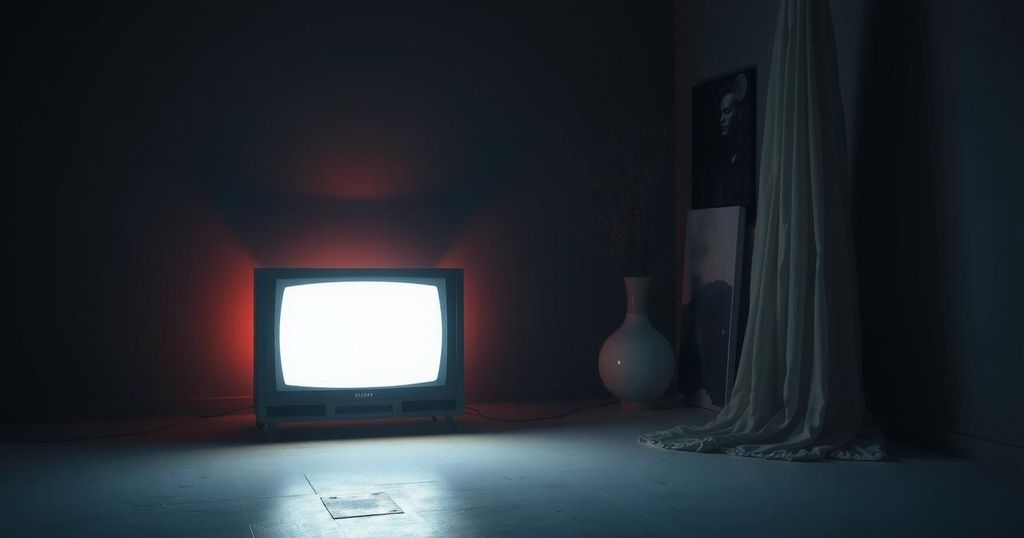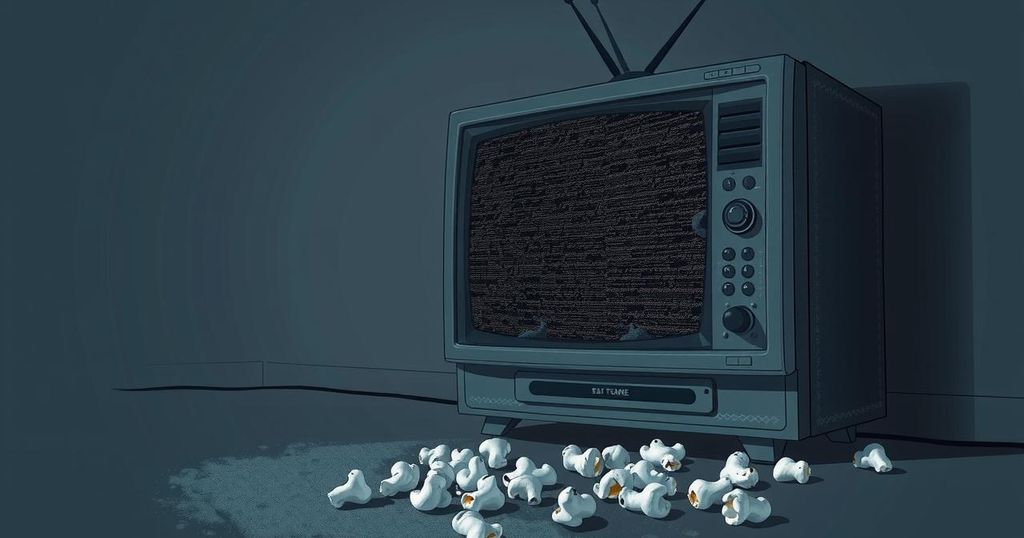Why *I Saw the TV Glow* Deserves an Oscar Nod
– *I Saw the TV Glow* explores gender dysphoria and media’s impact. – Despite its merits, the film is overlooked for Oscars due to genre biases. – A24 focuses on other films, weakening *TV Glow’s* visibility. – Oscar voters favor mainstream depictions over nuanced representations. – The film’s unique portrayal of identity deserves recognition and might be remembered as a classic.
Jane Schoenbrun’s I Saw the TV Glow is a stunning film embodying themes of gender dysphoria yet has been overshadowed in the Oscars race. Initially skeptical of Schoenbrun’s previous work, I was taken aback by TV Glow, which transcends mere genre classification, tackling profound connections between media and human identity. With Justice Smith’s compelling performance, the film resonates with universal truths about self-discovery, far exceeding the expectations set by We’re All Going to the World’s Fair.
Despite its artistic merits, the film faces hurdles due to the Academy’s historical aversion to genre films, often categorized as horror. A24, focusing on Sing Sing, detracts from TV Glow’s visibility, showcasing the cutthroat nature of awards campaigns. Even with genre pieces like The Substance in conversation for nominations, TV Glow remains relegated to marginalized discussions about queer cinema.
Academy voters still tend to dismiss films that delve into intricate, lived experiences in favor of more mainstream or sensational portrayals, as evidenced by the reception of Emilia Pérez. While nominations represent a fierce competition, the industry seems drawn to surface-level engagements over the poignant subtleties of Schoenbrun’s creation. The film cleverly employs nostalgia through its portrayal of a childhood TV show, amplifying its message of identity.
In I Saw the TV Glow, Smith’s portrayal of a boy ensnared by a dark realm encapsulates the experiences many face in navigating gender identity. Under Schoenbrun’s direction, the film weaves a rich tapestry of visual storytelling, channeling ’90s nostalgia with a haunting resonance. Ultimately, this remarkable cinematic work deserves accolades that reflect its brilliance, as it speaks to the profound nuances of the human experience in a way that few films achieve today.
*I Saw the TV Glow* by Jane Schoenbrun emerges as a crucial film that’s been unjustly overlooked in awards conversation. Its artistic depth and engagement with themes of identity challenge the Academy’s narrow focus, particularly regarding genre representations. The film’s emotional and visual potency, coupled with resonant performances, positions it as a future classic deserving of recognition.
Original Source: www.them.us




Post Comment